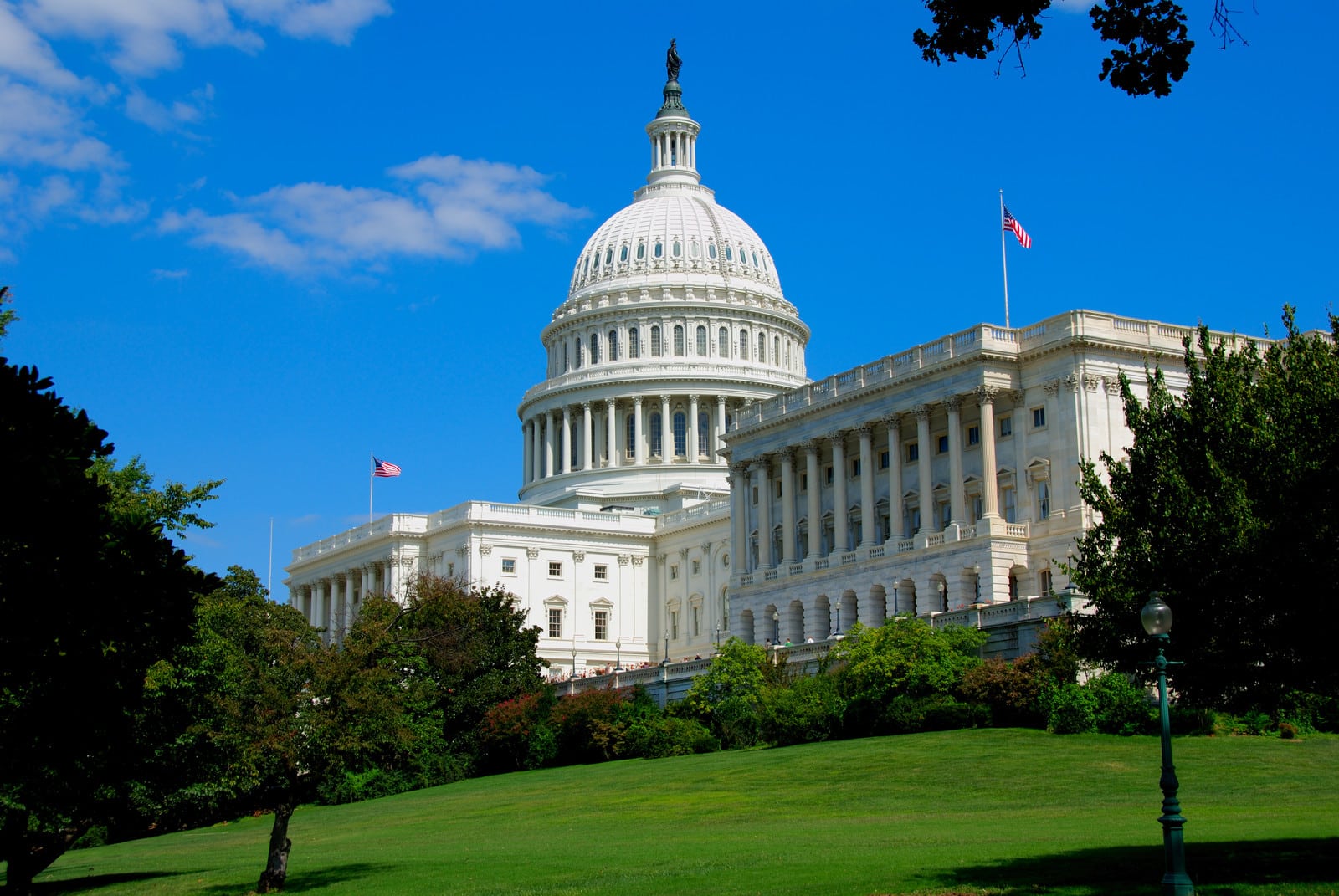Will Disparate Impact Auto Finance Claims Disappear?

As of this writing, the Senate has passed a joint resolution under its Congressional Review Act authority disapproving of the Consumer Financial Protection Bureau’s March 2013 auto lending bulletin that addressed discrimination in indirect auto finance transactions. The House is slated to follow suit, and the president is expected to sign it. The joint resolution, if enacted, will invalidate the bulletin, and prohibit the CFPB from writing a rule substantially similar to the bulletin without new and express authorization from Congress:
“A rule that does not take effect (or does not continue) under paragraph (1) may not be reissued in substantially the same form, and a new rule that is substantially the same as such a rule may not be issued, unless the reissued or new rule is specifically authorized by a law enacted after the date of the joint resolution disapproving the original rule.”
What did the bulletin say? It articulated the CFPB’s enforcement and examination policy, i.e., how it read existing law – the Equal Credit Opportunity Act – to apply to a discretionary pricing scenario that produced, in its view, disparate treatment of similarly situated vehicle buyers. It warned banks and finance companies that purchase retail installment sale contracts from dealers that they could be held liable for both disparate treatment by dealers at origination and disparate impact resulting from pricing discretion they typically extend to all dealerships from which they purchase contracts.
At the request of Sen. Pat Toomey (R-PA), the Government Accounting Office reviewed the bulletin to determine whether it was actually a rule that should have been subjected to the normal notice and comment rulemaking process. In December 2017, the GAO opined that the bulletin was, in fact, a rule, and therefore subject to approval or disapproval by Congress under the Congressional Review Act. Assuming the joint resolution is enacted and the bulletin is invalidated, the action raises interesting questions about what its practical impact is:
• Does the invalidation affect direct auto lending by banks and finance companies? • Does the ECOA still apply to an assignee who “participates in the credit decision?” This is still the text of Regulation B.
• Can an assignee still be liable for unlawful disparate treatment by a dealer when it has notice of a dealer’s discriminatory practice or policy? This is still the text of Regulation B commentary (which is part of the rule).
• Can a regulator challenge demonstrable, obvious disparate treatment by a single dealer, but not question disparate impact across the entire portfolios of banks or finance companies that purchase contracts from many dealers? This is an important distinction that a blunt Congressional Review Act instrument cannot make and that further weakens the validity of disparate impact as a legal theory under the ECOA.
• Is the use of statistical modeling in lieu of loan application data containing race and ethnicity information (which is illegal to collect in auto finance transactions) the only thing invalidated?
• Does the invalidation just mean the CFPB can’t write a substantially similar rule or another bulletin, but can continue to bring auto finance disparate impact claims against banks and finance companies in enforcement actions?
• Will regulators be permitted to continue to warn industry in advance (for example, in a bulletin) of plans to read the law the same way it always has? Or will it have to sue industry participants and let a court decide whether the law supports the regulator?
These may sound like academic or even rhetorical questions, and at the end of the day, it may be much ado about nothing. But, despite the good news the invalidation will be for auto dealers and for the banks and finance companies that buy their contracts, what was already a complicated issue may become even more so.
The ECOA has been with us for a long time, and both it and the Congressional disapproval of the bulletin will be here long after the present administration and Congress have joined the history books. At some point, courts will have to decide the answers to some of these questions and whether there is a bigger impact on the bulletins and guidance documents of other agencies. Like before, the bulk of the dollars involved in the inevitable fights to come will go to the lawyers involved on both sides. Is that good policy?
Michael Benoit is chairman of Hudson Cook LLP and a partner in the firm’s Washington, D.C., office. Rick Hackett is a partner in the firm’s Portland, Maine, office. Benoit is a frequent speaker and writer on a variety of consumer credit topics and can be reached at 202-327-9705 or mbenoit@hudco.com. Hackett is a former assistant director at the CFPB and also a frequent speaker and writer on a variety of consumer credit topics. He can be reached at 207-541-9556 or rhackett@hudco.com. Nothing in this article is legal advice and should not be taken as such. Please address all legal questions to your counsel.















